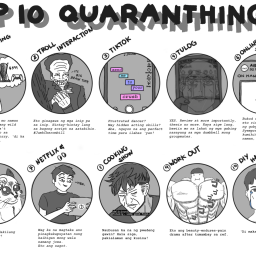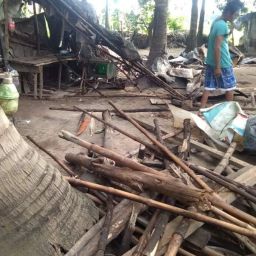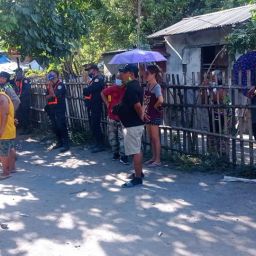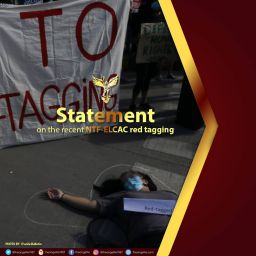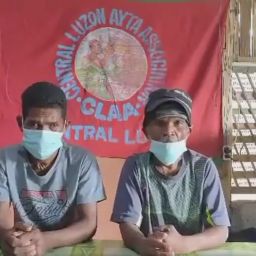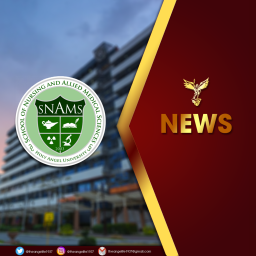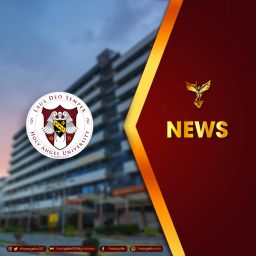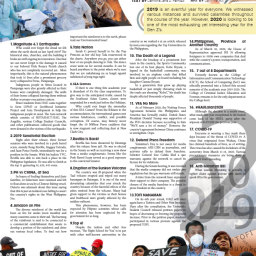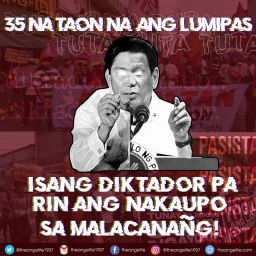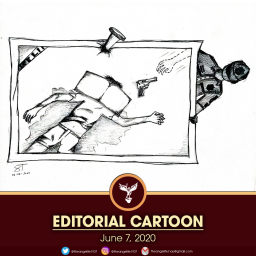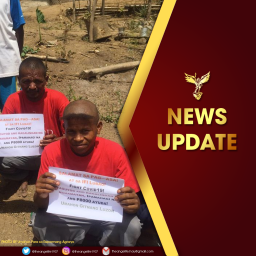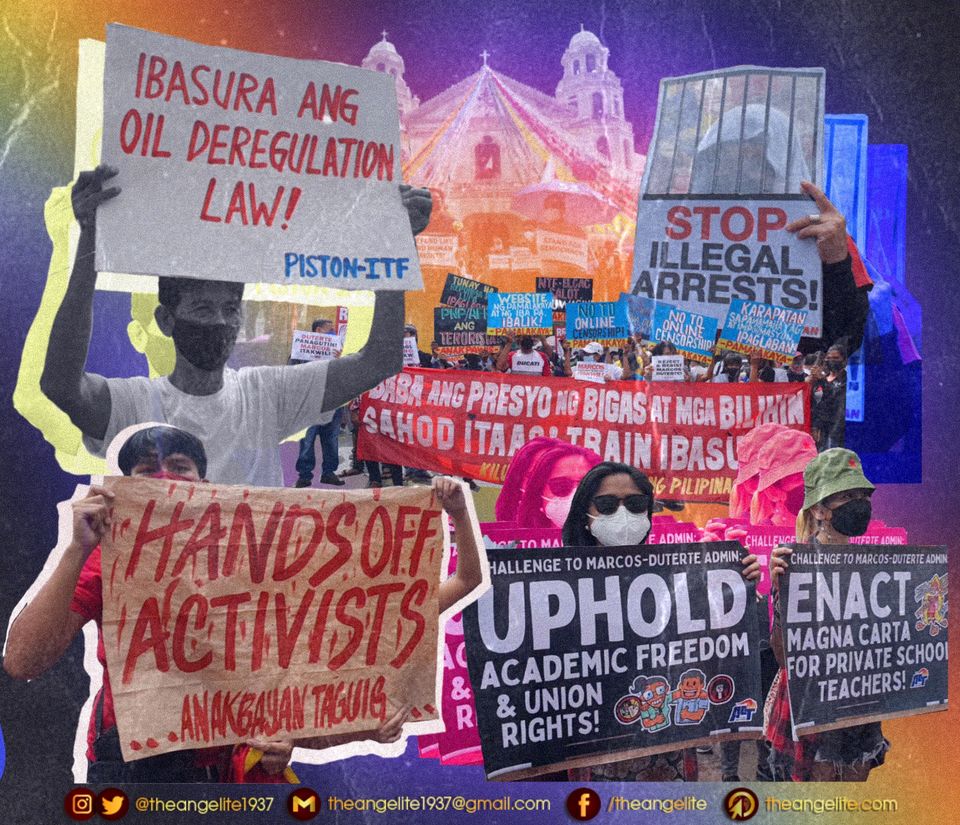 The Philippines were successful in removing Dictator Marcos from power. After that, his son would go on to become President. What arises seems to have brought about a Deja Vu of occurrences that took place in the other direction 36 years later.
The Philippines were successful in removing Dictator Marcos from power. After that, his son would go on to become President. What arises seems to have brought about a Deja Vu of occurrences that took place in the other direction 36 years later.
On the 30th of June of this year, Ferdinand Marcos Jr. took the oath of office to become the 17th President of the Philippines. This event marked the beginning of the political comeback of one of the most controversial family names in the history of our country.
Having a familiar name seat in the top post of the government attracts the same fear and resistance within the masses. On the same day of Marcos Jr. ‘s inauguration, protesters stormed the historic Plaza Miranda in order to voice their opposition to his leadership and bring attention to the urgent problems that threaten the welfare of the masses.
According to Bagong Alyansang Makabayan (BAYAN), among the topics highlighted of progressive groups in the inauguration protest are the exorbitant cost of oil and other commodities; wage increases; agricultural subsidies; human rights; the elimination of the National Task Force To End Local Communism and Armed Conflict (NTF-ELCAC); the bloody war on drugs; corruption; historical revisionism; and sovereignty.
Having Marcos Jr. as the country’s president only fuels activists to continue their protests against his blatant disregard on social justice and human rights. His ignorance towards these issues is evidenced by the fact that Marcos Jr., whose predecessor left a legacy of extrajudicial killings, did not address these issues in his first State of the Nation Address (SONA).
It appears that not all Filipinos are deceived into electing a namesake of a tyrant whose history includes crimes against humanity. As recorded by Amnesty International, from 1972 to 1981, 72,000 were imprisoned, 34, 000 were tortured, and 3,240 were killed. These are the numbers that reflect the record of human rights crimes that were executed under the rule of Dictator Marcos. His family, including the current president of the country, shamelessly disregards these atrocities, despite the fact that they were committed under their watch.
Marcos Jr. is yet to prove that he can uphold accountability, deliver policies that are emboldened to the best interests of the public, and prove that he’s a different man from his tyrannical father. Like the rest of his family, he is yet to apologize for the sins that they have done against the Filipino people.
Hence, it is reasonable to wonder how he will be able to serve the people if he can not tell the difference between right and wrong, especially in light of the wrongs committed by his late father and his predecessor, whose daughter was his ally and later became Vice President.
Doubtful political analysts expressed their concerns about how it is likely that he will delay justice and use all of his power to clean up his tarnished reputation because of his position as President, which gives him significant influence over who gets assigned responsibility for litigating their crimes and recouping their illicit riches.
If a Marcos presidency is in place, Antonio La Vina, an Ateneo de Manila University professor of law and politics, feared — in a conversation with Reuters — that the country’s federal prosecutors and the Presidential Commission on Good Governance (PCGG) will not continue to investigate the Marcoses’ illicit wealth.
Despite winning by a big margin, it is undeniable that there is a significant opposition to Marcos Jr.’s administration. His authority has been challenged, in part, by dissenting opinions surrounding the process by which the Marcos family regained their position in Malacañang.
Tsek.ph, a non-profit fact-checking initiative, has compiled evidence suggesting that Former Vice President Robredo, the runner-up in this year’s presidential polls, has been the primary target of sustained campaigns of misinformation while Marcos Jr. reaped the greatest rewards from these traitorous narratives.
As the son of a dictator made his way to Malacañang, the case of our country once again became a cautionary tale for all democratic nations at risk of falling towards authoritarian leaders and alike. Consequently, Jonathan Ong, an associate professor of global digital media at the University of Massachusetts Amherst, noted that the story of the Marcoses’ comeback has already provided a powerful lesson to autocrats, both in power and in exile, all over the world.
Because of the manner in which the Philippines reacted to the signs of the times, it is simple to point the finger at anyone, but particularly at its citizens as a whole due to the fact that the election results declared Marcos Jr. to be president with more than 31 million votes. However, all roads must eventually lead to how the Marcos family devised a detailed campaign to rejuvenate their reputation on social media and engaged in hasty political control with abhorrent political forces.
It is up to the people, as it was then, to defend our democracy from its new threat. Now, more than ever, there is no way forward for the masses other than to be progressive and radical while simultaneously bearing the challenge of keeping everyone on board in resisting the iniquity of the family that they got rid of 36 years ago.

